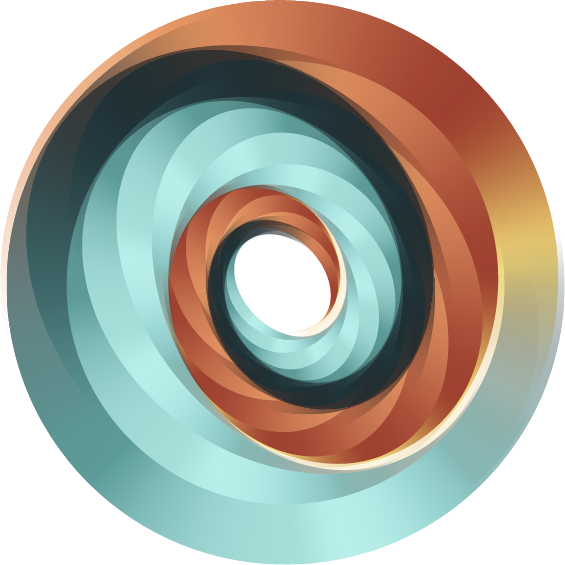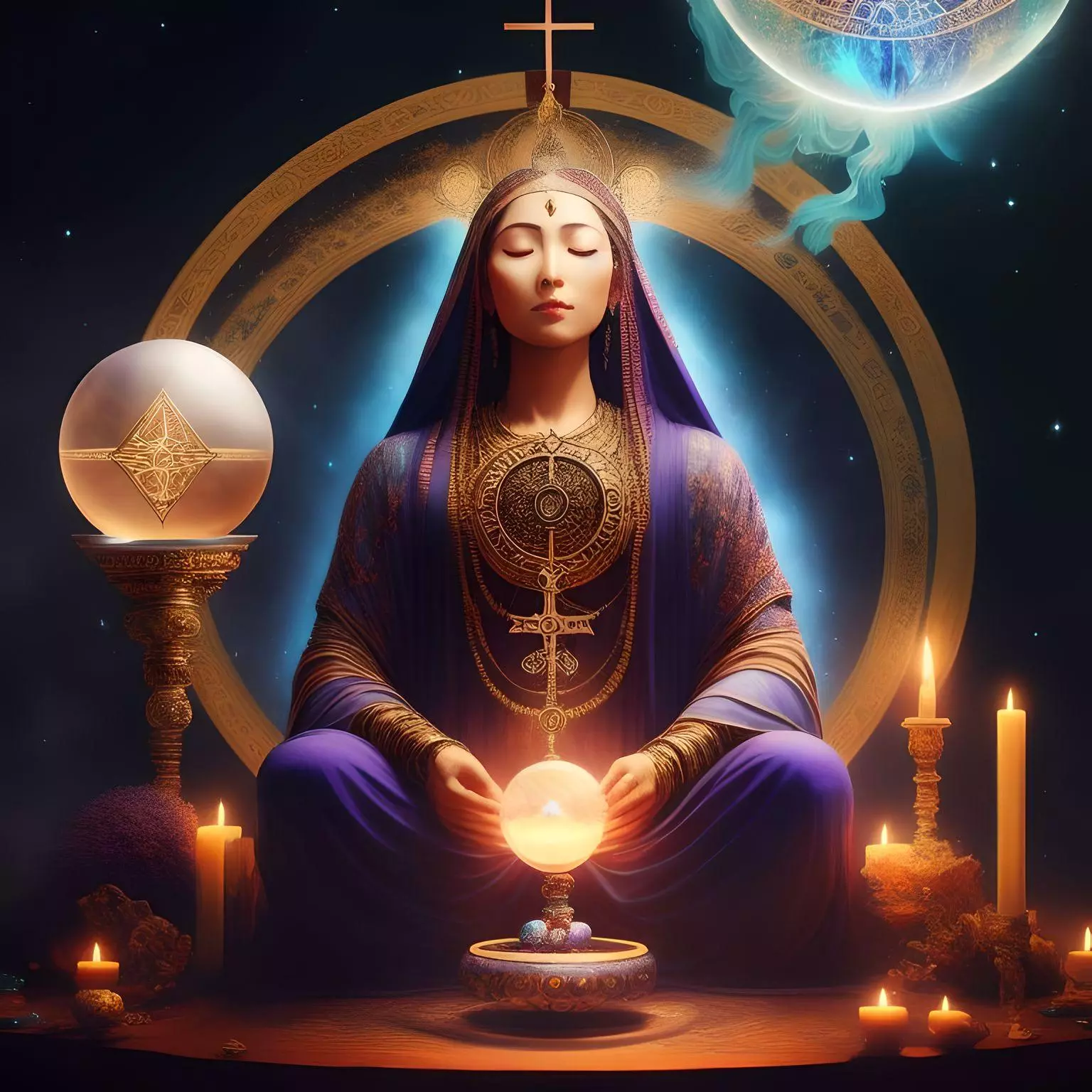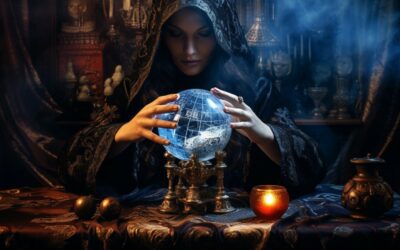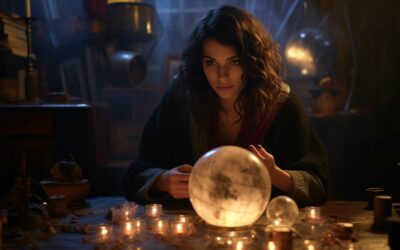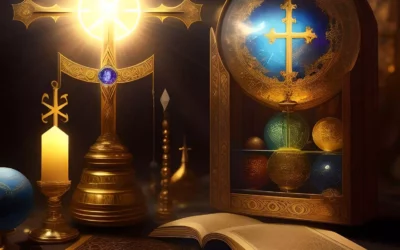Divination, an age-old practice seeped in mysticism and wisdom, holds a unique place in the tapestry of human spirituality. It’s a concept that transcends conventional religious boundaries, inviting us to explore the unknown and seek answers from the metaphysical realm.
As we delve into this intriguing topic, I want you to keep an open mind; divination isn’t about predicting the future or manifesting desires—it’s about understanding our connections with the universe around us.
In many cultures and religions worldwide, divination is seen as a bridge between humanity and divine powers. From indigenous spiritualities to major world religions like Christianity, Islam, Buddhism, and Hinduism – each has its unique interpretation of divination practices. It’s fascinating how one concept can be perceived so differently across various belief systems!
As we journey together through this exploration of divinity and faith, let’s embrace these differences with compassion and curiosity. Remember: it’s not about who is right or wrong—it’s about discovering new perspectives on shared human experiences.
Unveiling the Concept of Divination
Let’s delve deeper and unravel the fascinating concept of divination, shall we? Divination, in essence, is a spiritual practice that seeks to unveil hidden knowledge or predict future events through metaphysical means.
The origins of divination can be traced back to ancient times when humans first began seeking answers to the mysteries of life and death. Ancient shamans, prophets, and seers would use various methods to interpret signs from the universe in their quest for understanding.
Divination techniques are as varied as the cultures that have used them throughout history. Some common methods include reading tea leaves (tasseography), interpreting dreams (oneiromancy), observing animal behaviors (augury), casting runes or stones (runic divination), consulting Tarot cards (cartomancy), or studying the patterns formed by tossed coins or yarrow sticks (I Ching).
Each technique requires its own unique set of skills and understanding but all share a common purpose: to tap into unseen forces and receive guidance from higher powers.
Peeling back layers upon layers of traditions and practices reveals how divination has been an integral part of human spirituality across generations. It’s not just about predicting what will happen next; it’s also about gaining wisdom from beyond our mortal sphere.
We’re exploring uncharted territories where science meets faith, intuition intertwines with logic, and past dialogues with future. So here we stand at this crossroad between known facts and mystical insights provided by divination – forever curious, forever learning.
Divination in Indigenous Spiritualities
Intriguingly, numerous indigenous spiritualities around the world place great value on foreseeing future events or uncovering hidden knowledge through various methods.
For instance, in African Shamanism Divination, the seers or shamans often use symbolic objects like bones, shells, or stones as tools to tap into the spirit world. They believe that these items hold sacred energy and can provide insight into the unseen realms of existence. It’s a complex method that requires deep understanding and respect for ancestral spirits and nature.
Native American Oracles also play an essential role in their spiritual practices. Wisdom is sought from animal spirits, dreams, visions, and even natural phenomena such as weather patterns. The Native American tribes see divination not only as a way to predict future outcomes but also as a means of understanding their roles within the grand scheme of things. It’s more than just foresight; it’s about attaining wisdom and enlightenment by connecting with the universe on a deeply spiritual level.
This beautiful intertwining of spirituality and divination in indigenous cultures offers us an enlightening perspective on how they perceive life’s mysteries. In African Shamanism Divination, every thrown bone or stone carries profound stories while Native American Oracles offer guidance drawn from our interconnectedness with all living beings. It reminds us that there are different ways to understand our world beyond what we physically see – paths full of wisdom that lead us closer to the divine essence that binds everything together.
Divination in Christianity
You might find it surprising that foreseeing events or hidden knowledge also finds a place in Christianity, albeit in different forms. When we talk about divination in Christianity, the focus often shifts to Christian Prophecy and Biblical Clairvoyance. These aren’t means of predicting the future as you’d see with tarot cards or runes; rather they are spiritual gifts from God intended to guide and edify the Church.
Christian prophecy is often seen as an inspired utterance from a holy person, usually providing wisdom, guidance or warnings for specific situations.
Now let’s delve into Biblical Clairvoyance – this isn’t your typical crystal ball gazing stuff! It refers to instances when individuals receive visions or dreams from God with messages meant for them or others. Think of biblical figures like Joseph interpreting Pharaoh’s dreams in Egypt, or Daniel receiving visions of future kingdoms. The purpose here was never self-serving nor was it used to invoke fear but always pointed towards God’s greater plan and His love for humanity.
These practices within Christianity have been subjected to various interpretations over centuries, causing divisions among believers on their rightful place within the faith. However, one common thread unites all perspectives: whether through prophecy or clairvoyant experiences, these methods were always viewed as divine communication tools designed not for personal gain but ultimately for glorifying God and strengthening His Church on earth.
Islamic Interpretation of Divination
Islamic teachings, while deeply spiritual, don’t permit practices traditionally associated with foreseeing the future or accessing hidden knowledge. In Islam, the belief is that all knowledge of the future and unseen lies solely in the hands of Allah; no mortal being can access it. This means that forms of divination like fortune-telling or soothsaying aren’t just discouraged—they’re considered haram, or forbidden.
However, Islamic scholars have discussed certain subjects such as ‘Quranic divination’ which involves deriving spiritual wisdom from verses but not to predict specific events.
In my journey through understanding these nuances in Islam, I’ve come across many debates about Islamic astrology. Some argue it’s a legitimate part of Muslim tradition dating back to early Islamic civilization when Muslims made significant contributions to astronomy and astrology. They contend that studying celestial bodies for navigation and timekeeping isn’t contradictory to faith—as long as one doesn’t claim to predict personal life events based on planetary movements.
Despite these discussions on Quranic divination and Islamic astrology, we must remember that Islam has always promoted seeking wisdom and knowledge from pure sources—mainly from Allah through prayer, contemplation of His creation around us, and study of His words in the Quran. The faith encourages us not to get entangled in practices aiming at foretelling personal futures but focusing on improving our present deeds guided by divine values—to shape a better hereafter under Allah’s will alone.
Divination in Buddhism
Diving into the Buddhist perspective, it’s fascinating to understand how this spiritual path approaches the concept of foreseeing the future or accessing hidden knowledge. According to Buddhism, divination is not a primary practice but it doesn’t dismiss its existence either.
The practice of divination in Buddhism is seen as a tool for self-understanding and decision-making rather than foretelling destiny. This is where the Buddhist Astrology Significance comes into play, providing insights into one’s character traits and potential challenges.
Tibetan Mo Divination is another unique aspect within Buddhism that I find particularly interesting. It’s an ancient Tibetan technique used primarily by monks and spiritual practitioners seeking guidance on complex decisions or dilemmas. Rather than predicting the future outright, Tibetan Mo Divination seeks to provide clarity regarding potential outcomes based on current circumstances. It hinges on understanding cause and effect – karma – which aligns with core Buddhist principles.
Delving deeper into these practices reveals how they are steeped in wisdom and compassion. They serve as guides rather than absolutes, promoting mindful reflection upon one’s actions and their consequences.
As such, divination in Buddhism isn’t about circumventing life’s challenges but instead fostering a deeper understanding of oneself and our interconnections with the world around us; enabling us to navigate life’s journey with increased mindfulness and resilience.
Divination Practices in Hinduism
In the vibrant tapestry of Hindu practices, there’s a colorful thread dedicated to forecasting events and understanding the unseen aspects of life. This rich tradition is rooted in ancient Vedic Divination Practices which offer unique insights into our past, present, and future.
Drawing from sacred texts like the Vedas and Upanishads, these practices provide us with an enlightening perspective on life’s mysteries.
Hindu Astrology Insights are one such divinatory method that I hold dear. Known as Jyotisha or the science of light, it connects us with cosmic patterns and celestial bodies to unveil their influence on our lives. It embraces not just predictive astrology but also spiritual elements that guide personal growth and self-realization. From mapping out auspicious dates for important ventures to offering guidance during challenging times, this revered practice has been my compass in navigating life’s varied landscapes.
Navigating through this journey isn’t always easy but it is deeply rewarding. As we delve deeper into Vedic Divination Practices such as palmistry, numerology or even interpreting dreams – each offers a new layer of understanding about ourselves and our place in this universe. These practices aren’t merely tools for prediction; they are guiding lights leading us towards spiritual enlightenment and self-discovery.
So whether you’re seeking answers about your destiny or searching for clarity amidst chaos, remember that these age-old practices can offer profound wisdom to illuminate your path ahead.
Conclusion
It’s clear that divination touches all of us, no matter what spiritual path we follow.
From indigenous spiritualities to major world religions like Christianity, Islam, Buddhism, and Hinduism, each has its unique interpretation and practices.
We must remember that in our search for understanding and connection with the divine, it’s essential to approach these practices with respect.
Divination is a sacred tool used by various cultures and faiths to seek wisdom from higher powers.
